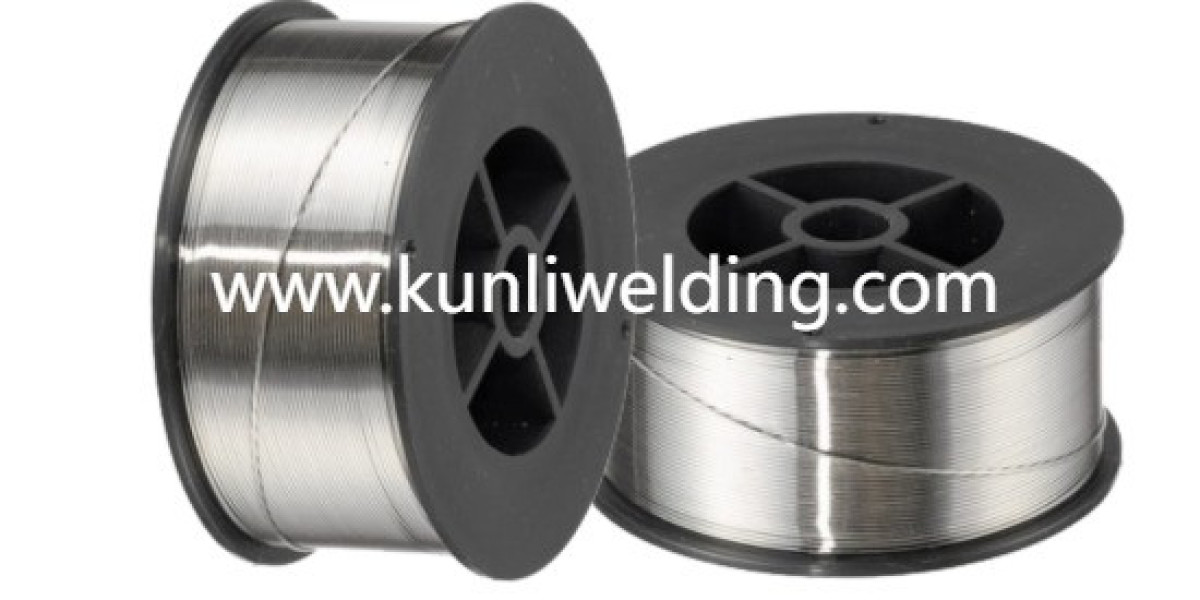The transportation industry is undergoing a transformative shift as businesses seek efficiency, sustainability, and performance in their fleets. The rise of diesel and electric medium trucks is reshaping logistics and goods movement across the globe. These trucks, positioned between light commercial vehicles and heavy-duty trucks, play a crucial role in regional distribution, construction, and urban logistics. With technological advancements and regulatory pushes for cleaner energy, both diesel and electric medium trucks are becoming key players in the evolving transport ecosystem.
The Continued Relevance of Diesel Medium Trucks
Diesel-powered medium trucks have long been the backbone of freight and logistics due to their durability, power, and cost-effectiveness. They remain indispensable for industries that demand long-distance hauling, heavy payloads, and consistent performance under tough conditions. Recent innovations have made diesel engines cleaner and more efficient, with manufacturers introducing low-emission engines that comply with global environmental standards.
For many businesses, diesel trucks continue to offer a balance between fuel efficiency and torque performance. With improved engine designs and advanced emission control systems, these trucks meet modern efficiency demands while delivering reliability in demanding terrains and weather conditions. Additionally, widespread fuel infrastructure and affordable maintenance make diesel trucks a practical choice for many operators.
The Rise of Electric Medium Trucks
While diesel trucks maintain a strong foothold, electric medium trucks are fast gaining momentum as sustainability becomes a top priority for logistics providers and fleet operators. Electric trucks offer a cleaner, quieter, and more efficient alternative for short to medium-range deliveries. Companies aiming to reduce carbon footprints and comply with government emission targets are increasingly adopting electric fleets.
Battery technology advancements have significantly extended driving ranges while reducing charging times and maintenance costs. Electric trucks not only lower fuel expenses but also minimize downtime since they have fewer moving parts compared to traditional diesel engines. Furthermore, the availability of government incentives and tax benefits is accelerating the adoption of electric commercial vehicles in both developed and emerging markets.
Key Benefits of Electric Medium Trucks
Environmental Impact: Zero tailpipe emissions help reduce urban pollution and align with global green initiatives.
Operational Savings: Electricity costs are generally lower than diesel fuel, and fewer mechanical components lead to reduced maintenance expenses.
Driver Comfort: The quiet operation and smoother driving experience of electric trucks enhance driver comfort and reduce fatigue.
Technological Edge: Many electric models come with smart connectivity, telematics, and energy optimization features for efficient fleet management.
Challenges and Opportunities Ahead
Despite the rapid progress, both diesel and electric medium trucks face unique challenges. Diesel vehicles are under increasing scrutiny due to emission regulations, pushing manufacturers to innovate with cleaner technologies such as hybrid systems or renewable diesel fuels. On the other hand, electric trucks face challenges related to battery range, charging infrastructure, and initial costs.
However, as battery prices continue to decline and governments invest in charging networks, electric medium trucks are expected to dominate city logistics and last-mile delivery operations. Hybrid medium trucks are also emerging as a bridge technology, combining the strength of diesel engines with electric efficiency for flexible performance.
The Road Ahead for Medium Truck Fleets
The future of the medium truck market lies in balance and adaptation. Many logistics providers are expected to maintain mixed fleets of diesel and electric vehicles to optimize efficiency based on operational requirements. Urban delivery fleets may prioritize electric trucks, while intercity and rural operations may continue relying on diesel power until charging infrastructure matures.
As global supply chains evolve, the focus will remain on energy efficiency, reduced emissions, and technological integration. The synergy between diesel and electric innovation will shape the next generation of medium-duty trucks—driving the transportation industry toward a cleaner and more productive future.
FAQs
Q1. What are medium-duty trucks used for?
Medium-duty trucks are primarily used for urban and regional transportation, construction supply, and medium-load deliveries. They bridge the gap between light commercial and heavy-duty trucks.
Q2. How do electric medium trucks reduce operational costs?
Electric trucks lower expenses through reduced fuel and maintenance costs. They also benefit from government incentives and improved energy efficiency, providing long-term financial savings.
Q3. Will diesel trucks still be relevant in the future?
Yes, diesel trucks will continue to play a vital role, especially for long-distance and heavy-load operations. However, ongoing innovation aims to make them cleaner and more efficient.
Read Related Report:-
automotive aftermarket industry








